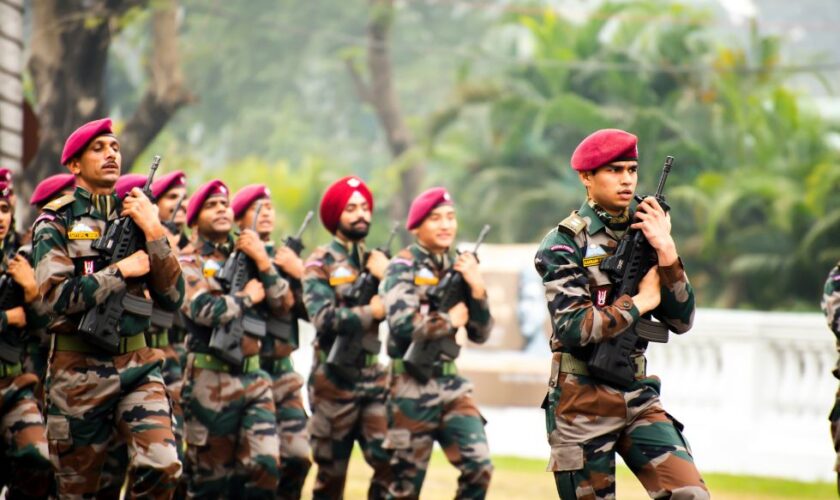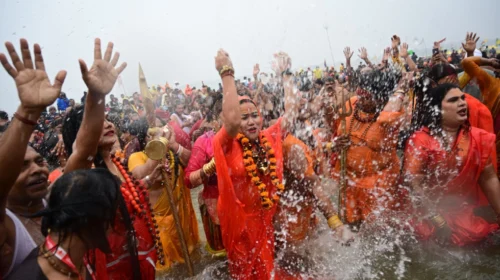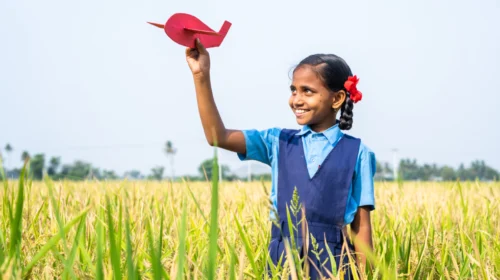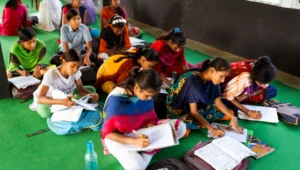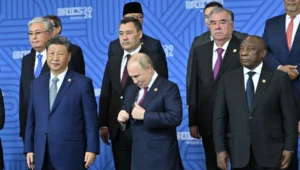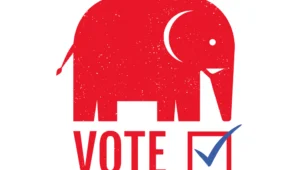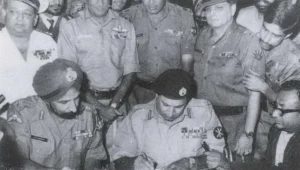Why India’s New Agnipath Military Recruitment Policy Is Risky
On June 14, 2022, the Indian government changed over two centuries of tradition in military recruitment policy. According to the new policy, called Agnipath (“path of fire”), the military inducts new soldiers for only four years and retains just a...

